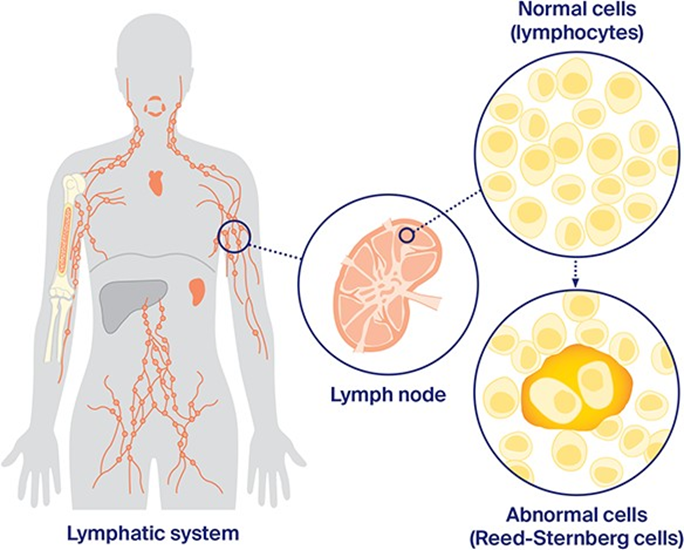A patient with multiple myeloma calls the home health nurse complaining of severe back pain of new onset. The appropriate response by the nurse is to do which of the following?
Inquire about the patient's use of NSAIDs and analgesics to manage pain.
Reassure the patient that bone pain is expected with this disease.
Suggest the use of a back brace to reduce pain.
Notify the healthcare provider of the onset of new pain.
The Correct Answer is D
Choice A reason: While it is useful to know the patient's current pain management strategies, new onset severe back pain could indicate a serious complication such as a spinal fracture or compression, which requires immediate attention.
Choice B reason: Reassuring the patient is not appropriate without further assessment, as new onset severe pain could signify a serious issue that needs to be addressed.
Choice C reason: Suggesting a back brace may be part of the management plan, but it should not precede notifying the healthcare provider of new severe pain.
Choice D reason: Notifying the healthcare provider is the correct action because new onset severe back pain in a patient with multiple myeloma could indicate a serious condition such as a spinal fracture or compression, which requires prompt evaluation and treatment.
Nursing Test Bank
Naxlex Comprehensive Predictor Exams
Related Questions
Correct Answer is C
Explanation
Choice A reason: While it is important to address any questions the patient may have, it is not the highest priority before an IVP procedure.
Choice B reason: Asking the patient to void before the procedure is a standard practice, but it is not the highest priority. The bladder should be empty to allow for clear imaging, but this can be managed at the time of the procedure.
Choice C reason: Checking for an allergy to iodine or shellfish is the highest priority because the contrast medium used in an IVP can cause severe allergic reactions in patients with these allergies. This assessment must be done before administering the contrast to prevent potentially life-threatening complications.
Choice D reason: Assessing the client's ability to remain still is important for the quality of the images, but it is not as critical as ensuring the safety of the patient regarding potential allergic reactions.
Correct Answer is B
Explanation
Choice A reason : Maintenance chemotherapy is not typically used to maintain remission in Hodgkin's lymphoma after successful treatment.
Choice B reason : Follow-up appointments are crucial for monitoring any signs of recurrence or secondary malignancies, as well as managing long-term effects of treatment.
Choice C reason : The potential impact of chemotherapy on fertility is an important topic, especially for younger patients, but may not be as relevant for a 55-year-old woman.
Choice D reason : Addressing symptoms like pruritus, which can persist after treatment, is important for patient comfort and quality of life.

Whether you are a student looking to ace your exams or a practicing nurse seeking to enhance your expertise , our nursing education contents will empower you with the confidence and competence to make a difference in the lives of patients and become a respected leader in the healthcare field.
Visit Naxlex, invest in your future and unlock endless possibilities with our unparalleled nursing education contents today
Report Wrong Answer on the Current Question
Do you disagree with the answer? If yes, what is your expected answer? Explain.
Kindly be descriptive with the issue you are facing.
